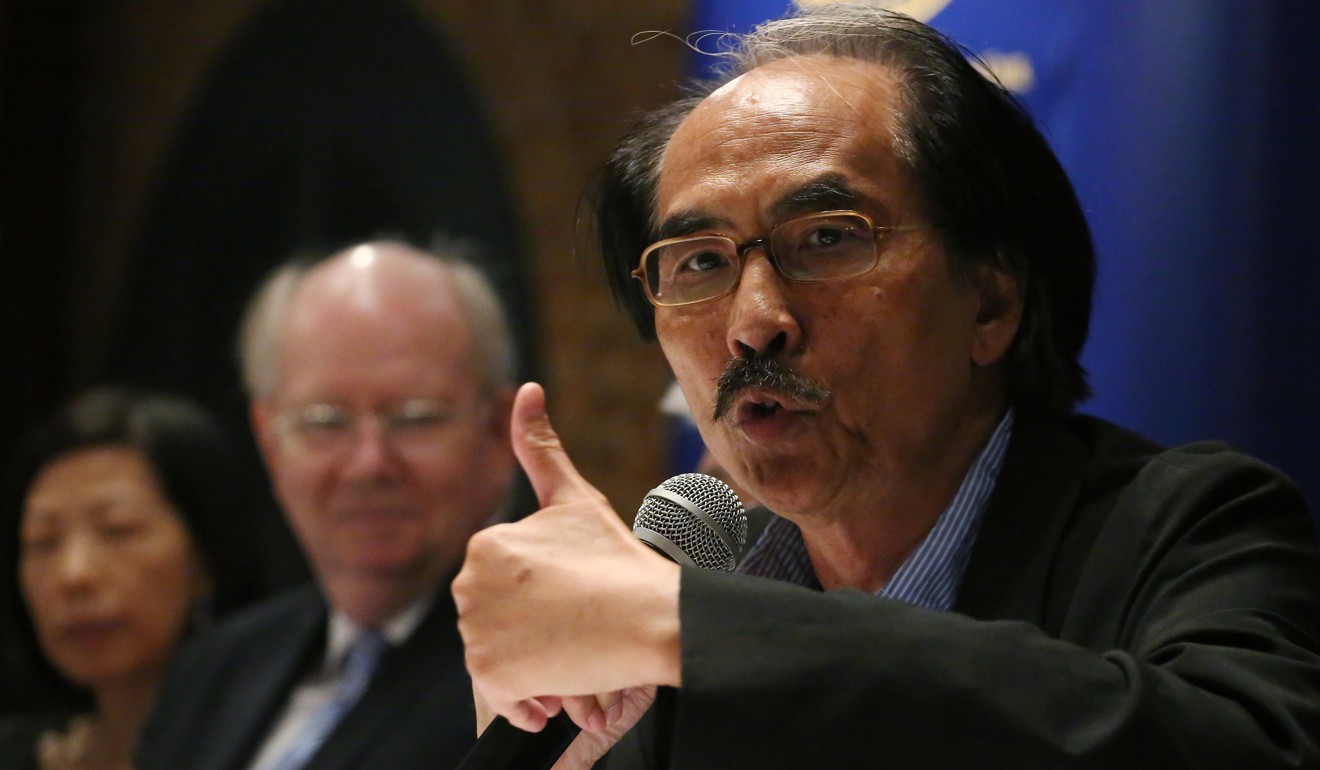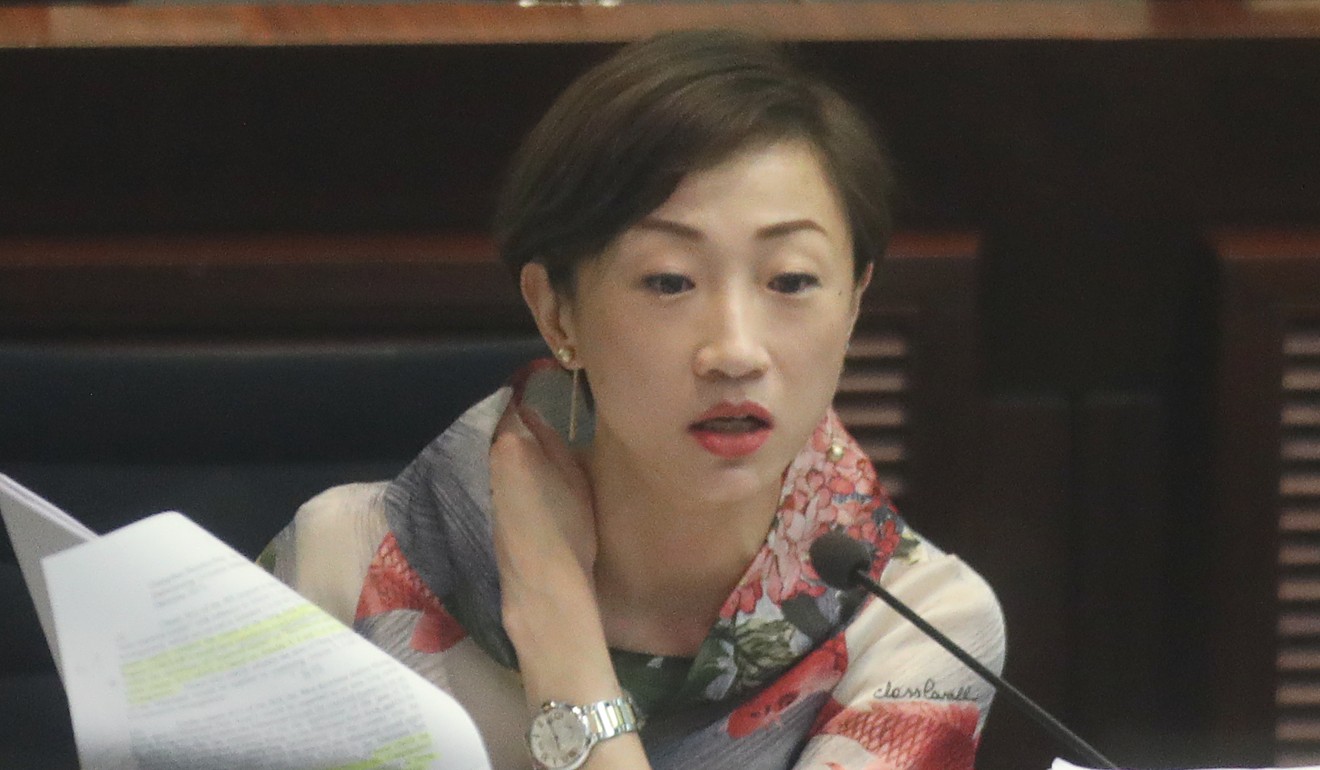
Hong Kong’s Law Reform Commission urges government to pass law to protect public records and access to them, but critics say it does not go far enough
- The commission in its report says laws are needed to strengthen the management and preservation of archives
- Others say the proposals are toothless, if laws are not accompanied by legal sanctions
Hong Kong’s Law Reform Commission has called for laws to protect public records and archives, as well as the rights of the public to gain access to them, so as to increase government transparency and accountability.
The government-appointed commission’s report, released on Thursday to consult the public until March 5 next year, followed five years of studies by two subgroups into practices regarding the issues in overseas jurisdictions.
But critics have been lukewarm, with some calling the proposed regimes “toothless”, while others say the move was only “better than none”.
The central plank of the commission’s proposals is to have an archives law and legislation to implement access to information.
There is presently no archives law in Hong Kong, and the Government Records Service Division (GRS), under the Chief Secretary for Administration’s Office, is tasked with overseeing the management of archival records with administrative rules.

Under current rules, government records when they reach the age of 30 should be transferred to and appraised by the GRS to determine whether they possess archival value for permanent preservation.
Pan-democrats and concern groups have been calling for an archives laws for years, as they worry that sensitive documents could be destroyed by authorities.
The government has meanwhile adopted a Code on Access to Information since 1995, but it is only an administrative scheme, with no legal sanction for non-compliance.
Documentary director struggled to find footage of 1967 riots
The commission’s archives law subcommittee wrote in its consultation report: “Our provisional views are: we do see a case for the introduction of an archives law to further strengthen the management, protection and preservation of public records and archives in Hong Kong.”
Noting the need for sanctions in case of misconduct in handling government records, archives law subcommittee chairman Andrew Liao Cheung-sing said the morale of civil servants should also be taken into account.

Simon Chu Fook-keung, who retired from the post of director of the GRS in 2007 and then established an action group calling for an archives law, argued: “It must come with criminal sanctions. If not, it would just become a toothless law that allows great discretion for civil servants to determine which records to destroy, or not.”
It must come with criminal sanctions. If not, it would just become a toothless law
Civic Party lawmaker Tanya Chan also expressed disappointment that Liao’s report lacked substance and a timetable, fearing that the government would drag its feet.
In a related move, the commission’s access to information subcommittee also suggested “legislation should be introduced to implement an access to information regime” to be in line with the practices of other developed countries.
It also recommended making it an offence to alter or destroy records, with the aim of preventing them from being disclosed.
Hong Kong needs an archives law before it’s too late
But the subcommittee also noted that certain information, such as that relating to defence and security, Executive Council proceedings, or intergovernmental affairs, should be given “absolute exemptions” and should be kept secret for at least 30 years, after which a review should be conducted every five years to see if the disclosure ban should be lifted.

Professor Leung Tin-wai, head of Shue Yan University’s department of journalism and communication, said the proposals did not go far enough. “The government can still claim it is confidential or the Executive Council’s affairs and thus reject requests for information.”
Time to open Hong Kong’s archives
The access to information subcommittee chairman Russell Coleman said: “Even a very elaborate access to information regime cannot be a panacea to all the problems perceived … But it does at least ensure greater transparency and greater accountability. But it is not going to answer everyone’s concern about the way the government decisions are taken.”
Pan-democratic lawmaker Charles Mok hoped the two laws – the archives law and access to information law – would be enacted at the same time as they were “mutually supplementary”.


